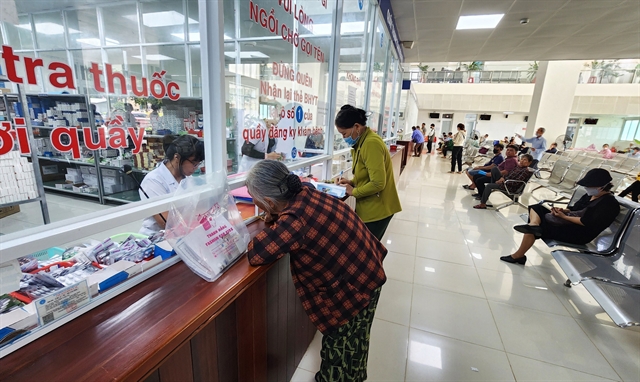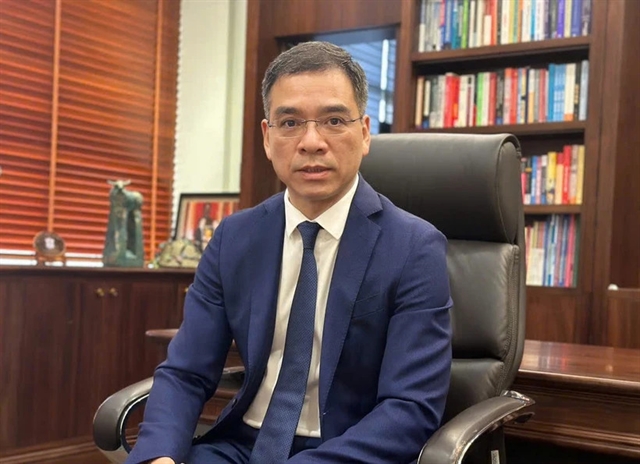 Opinion
Opinion

 |
| Hà Anh Đức, Director of the Medical Service Administration under the Ministry of Health. VNA/VNS Photo |
The Director of the Medical Service Administration under the Ministry of Health, Dr Hà Anh Đức, spoke to the press about the urgent need to ensure the safety of medical personnel, especially in emergency situations, following recent assaults against healthcare workers while on duty.
Recently, there have been several incidents involving violence against healthcare workers in hospitals. Why do you think these incidents continue to occur?
Yes, we’ve received reports of several troubling incidents across the healthcare system – most notably, cases in Phú Thọ Province and more recently Nam Định Province. In these cases, patients' family members assaulted medical staff who were providing emergency care.
In response, the Ministry of Health has issued directives to the entire sector, instructing local health departments to immediately coordinate with public security forces to ensure safety and security at medical facilities, particularly for staff working in emergency care.
For example, in Phú Thọ Province, the provincial health department has worked with investigators, and the local police have recommended that administrative penalties be imposed for those responsible, in accordance with current law.
Unfortunately, this issue has persisted for many years. There are both objective and subjective causes. Việt Nam sees approximately 200 million medical visits per year – several hundred thousand each day. Some hospitals receive up to 10,000 patients daily, often stretching their infrastructure and workforce beyond capacity.
In some cases, inadequate communication or unprofessional behaviour from a small number of medical staff may contribute to the patient dissatisfaction. However, under no circumstances is violence against healthcare workers, especially when they are saving lives, acceptable. Their safety must be ensured so they can fulfil their duties.
What steps has the Ministry of Health taken to address this issue?
The healthcare sector has long had a framework governing professional ethics and conduct, supported by laws, decrees, circulars, and internal hospital regulations. These aim to build a patient-centred healthcare model in which patients are respected, listened to and cared for.
That said, we also call for public understanding and cooperation. The current pressures on the system are immense and maintaining effective care delivery requires mutual support between healthcare workers and the public.
In 2014, the Ministry of Health signed a coordination agreement with the Ministry of Public Security. This includes provisions for maintaining public order in medical facilities.
We have also advised hospital directors to strengthen security in high-stress areas, such as emergency and intensive care units, where tensions often run high.
The Ministry will continue to report to and consult with the Government, or issue new policies within the Minister's authority, to ensure stronger protections for healthcare workers.
What specific policies are being considered to protect medical staff?
Our goal is to reduce unnecessary pressure on both healthcare workers and patients through a comprehensive set of measures.
First, patient reception procedures at hospitals need to be more professional to help defuse stress from the outset.
Second, medical personnel should receive enhanced training in conflict resolution and crisis management, particularly in emergency departments, where specialised teams should be prepared to handle sensitive cases and prevent escalation.
It's common for a patient to arrive with three to four family members. This can disrupt the examination process and place added stress on staff. We’re reviewing policies to better regulate this issue.
Third, we will request stronger support from law enforcement to intervene quickly and decisively when incidents occur.
Looking ahead, we will continue to explore additional solutions. Every policy must prioritise patient-centred care while also safeguarding the well-being of healthcare providers.
In terms of financial mechanisms, we’re recommending that institutions review and streamline administrative procedures in order to reduce barriers for patients and ease pressure on the system. — VNS




